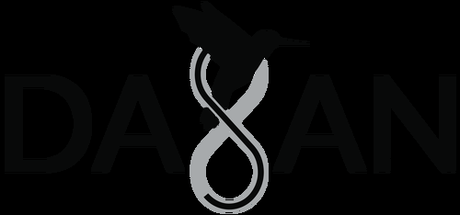I’ve known Amber DiPietra for five years now, and when I saw her at the recent Woodhull Sexual Freedom Summit she talked to me about her new project to educate people about sex and disability. Regular readers know this is a subject which has always been important to me, so naturally I invited her to write an essay about it. So here’s an introduction to the Disability and Sexuality Access Network (DASAN) by Amber and her colleague Cassandra J. Perry. .
More and more, society is awakening to the idea that sexuality is a fundamental human right and can exist in various forms and orientations. But does it go without saying that we imagine people with disabilities in this paradigm of evolving sexual freedom, and that sexuality for disabled people is a fundamental right with infinitely varied possibilities for expression? Or does our perceived spectrum of sex stop just shy of people with disabilites, who have been called the largest minority group (considering that disability is an identity that cuts through every gender identity, sexual orientation, race, class and creed)?
The Disability and Sexuality Access Network (DASANetwork) seeks to ensure that the perspective of people with disabilities informs every area of sexual study and culture, including but not limited to social services and social justice, political policy, health and wellness, relationship expertise, and the arts. To be clear, this does not mean a perspective on people with disabilities as it relates to sexuality; instead, we seek to empower disabled folks to collaboratively network and build upon our/their own skills, study, and advocacy in the field of sexual freedom. Membership is free and provides outward-facing profiles that make the disabled expert more visible to the larger world of sexuality studies and advancement. Meanwhile, the extra benefits of being registered in the network is that you become privy to members-only resources and opportunities such as jobs, speaking engagements, and a database of over 250 sexuality events internationally. This does not mean you have to have a disability to register — we welcome all allies — it just means we center disabled voices. DASANetwork wants to make it very clear that we welcome sex workers to become registered in our network. Due to social isolation or beauty oppression, sometimes disabled folks’ first access to sexuality is via a sex worker. Furthermore, a large portion of sex workers identify as having various types of disabilities which would make it hard for them to hold down a “normal” job. Sex work becomes an empowering career for them.
In a time of great body-positivity and body-autonomy awareness, the topic of disability is often segregated from the pervasive cultural dialog around sexuality. This is unacceptable. DASANetwork was conceived as a response to issues within the fields of disability and sexuality. The aim of DASANetwork is to bring disability-specific issues to the fore of sexology, sexual health services, and sex-positive communities/conversations. Find us at dasanetwork.org and on Twitter @dasanetwork, and please consider giving to our Patreon, which sustains our work.
